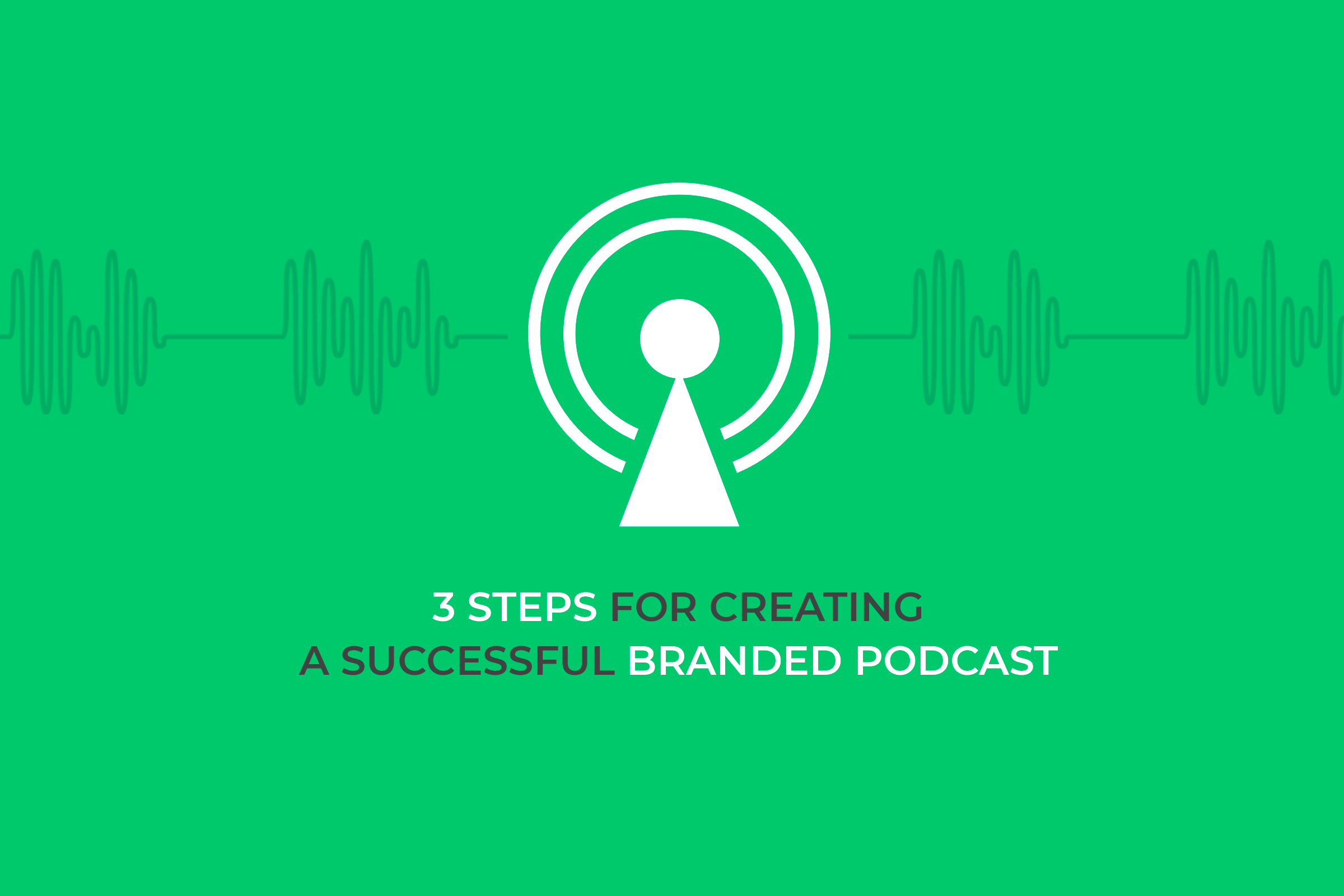3 Steps for Creating a Successful Branded Podcast
This article was originally published in Adweek.
Podcasts have taken the pole position for the new wave of digital advertising. Their consumption has been on a steady upward trend, which is expected to continue as more audio-first platforms, devices and gadgets appear in our homes and shape the ways we consume sound. What’s more, a Nielsen study commissioned by Midroll reported that podcast advertising delivers 4.4 times better brand recall than other digital mediums even against visually striking display adverts and videos.
All odds are suggesting that the year 2019 will be a record-breaking year for podcasts, both in consumption and return on investment. Whether you are producing your own episodes or simply buying more advertising space, the success of your podcasting ventures depends on the following three factors.
“The point of contact where indirect brand messages meet real-world human interactions is where the general benefits of podcasting come in.”
Own a topic
The average podcast consumer is an educated individual who expects compelling stories and conversations from behind the curtain. Nobody wants to listen to a 20-minute self-promotional session. The discussion scope should rather expand beyond the company walls.
For instance, an HR consulting firm should discuss the challenges that the modern way of working, job hunting and different company cultures present for individuals instead of purely showcasing their own success stories. If their success stories are an example of the aforementioned points, then this can be a good way to organically highlight strengths.
Better yet, inviting competitors, researchers and other experts into the discussion helps in coming across as helpful, honest and dedicated. You’re presenting your brand as a provider for solutions. Similarly, when advertising in podcasts, you’re essentially buying the integrity of the host. The sponsorship should cover something that the show is happy to endorse and that your company can provide meaningful input on.
The point of contact where indirect brand messages meet real-world human interactions is where the general benefits of podcasting come in. It’s all about the added value for the target group and the brand’s subtle presence in it. The ownership of a topic, theme or phenomenon cultivates your position as a bona fide industry name.
Podcast listeners won’t be fooled by unidirectional, overly positive courtship. Instead, promoting a compelling theme in your industrial ballgame can very well provide the shortcut to winning.
Use the correct tone of voice
Be mindful of who it is that reads your taglines, catchphrases or scripts, whether in your own production or within the bought ad space from external ones. Having an established influencer as the advertising voice can certainly provide a boost to your marketing returns. However, since influencers are essentially famous freelancers, their services are available and highly coveted by other companies as well. Overall, your control over such a personified voice is very limited. What you gain in short-term impressions might cost the uniqueness of your brand voice in the long-run.
Therefore, before reaching out to an influencer or a podcast provider to lend their voice for your slogans, consider whose tone of voice really matches your brand’s emotional context. Low-pitched voices promote trust whereas voices in a higher register create a more lighthearted appeal. Children or young voices spark sympathy, enthusiasm and excitement while older voices promote family-oriented attributes such as advice, wisdom and authority.
Ideally, the narration should match the tone with which you communicate to your stakeholders in your company’s day-to-day work. Analyze your current tone of voice from call center recordings, voice-overs in ads and even visual output like colors and copywriting and stick to it consistently. If you don’t have previous voice content to benchmark, it’s perhaps a good idea to first take the time to create guidelines before jumping cold into production.
Invest in audio quality
All previous checkpoints for successful podcasting are rendered meaningless without paying attention to the production side of things. Consider this your golden rule. Studies have shown that good quality, which in audio’s context equals perfect ease of listening and a sense of naturalness, supports positive judgment and reaction to the content delivered. Conversely, lousy quality has the exact opposite effect and diminishes credibility.
Therein lies the essence of the importance of audio quality in podcasts. They provide an intimate venue for listening and a smooth passage of branded information. The job of maintaining this open pathway to the point where the listeners perceive themselves as almost a part of the conversation falls on the shoulders of the production. When advertising in an external podcast, the quality matters have very likely been taken care of, especially if it’s a popular one. If you are producing your own podcasting content, make sure you invest in the knowledge and equipment needed to deliver a quality finished product. In short, use external microphones, edit the conversation professionally and ensure the audio levels are consistent and that the music and sound effects used are high-quality.
By choosing the right tone of voice, discussing topics that provide value for the listener and investing in the production quality, your brand will establish thought leadership through the advocation of its core values, not by clamoring for attention.






